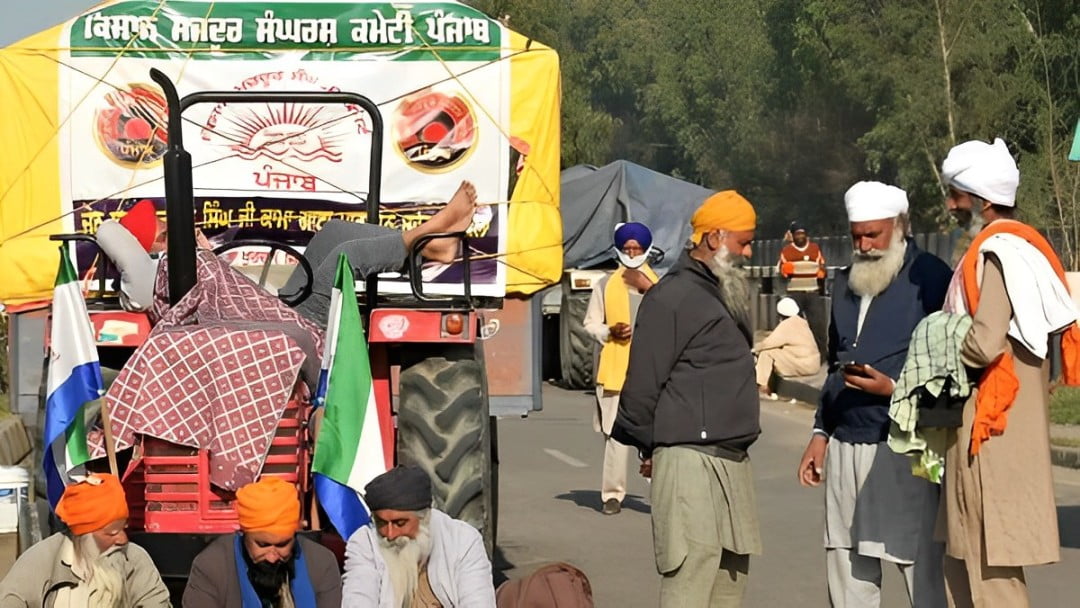In the political arena, currents of discord and contention ripple between Canada and India, casting a shadow over diplomatic relations. At the forefront stands Canadian Prime Minister Justin Trudeau, whose assertions against the Indian government regarding alleged orchestrations of terrorist activities have elicited fervent debate and scrutiny. Despite fervent claims, substantiation remains elusive, leaving Trudeau’s accusations dangling in the realm of conjecture.
In India, the landscape is punctuated by the resolute stance of farmer protests at the peripheries of Delhi serve as a poignant reminder of grassroots grievances. The juxtaposition of these events, while seemingly disparate, underscores the underlying currents of radical politics that permeate the global landscape. As tensions simmer and rhetoric escalates, the quest for clarity and resolution remains paramount amidst the cacophony of competing narratives.
The bilateral dynamic between Canada and India unfolds against a backdrop of complexity and nuance. At its core lies a delicate balance between cooperation and discord, as divergent interests and perspectives intersect on the global stage. At the helm of this diplomatic dance stands Canadian Prime Minister Justin Trudeau, a figure whose vocal assertions regarding India’s purported involvement in terrorist activities have ignited a firestorm of debate and scrutiny.
Trudeau’s pronouncements, while delivered with fervor and conviction, have faced considerable skepticism and scrutiny from Indian authorities and observers alike. The absence of concrete evidence to substantiate these claims has left them suspended in a limbo of uncertainty, casting a shadow over the credibility of the allegations and the broader bilateral relationship.
Across the ocean, within the vibrant tapestry of Indian society, a different narrative unfolds—one characterized by the resilience and determination of its agrarian populace. Against the backdrop of Delhi’s bustling metropolis, the periphery serves as a stage for the grassroots activism of farmer unions, whose protests reverberate with the echoes of historical grievances and contemporary challenges.
Their resolute stance, while seemingly distinct from the geopolitical maneuverings playing out on the international stage, is, in essence, a manifestation of the same underlying currents of discontent and disillusionment. As they converge with the broader narrative of global politics, the lines between domestic and international spheres blur, highlighting the interconnectedness of seemingly disparate events.
Amidst the cacophony of competing narratives and agendas, the quest for clarity and resolution remains paramount. As tensions simmer and rhetoric escalates, the need for dialogue and understanding becomes ever more pressing. In the crucible of diplomacy, where words hold the power to shape perceptions and alter destinies, the importance of nuance and diplomacy cannot be overstated. It is only through genuine engagement and cooperation that the shadows of discord can be dispelled, paving the way for a future defined by mutual respect and shared prosperity.

